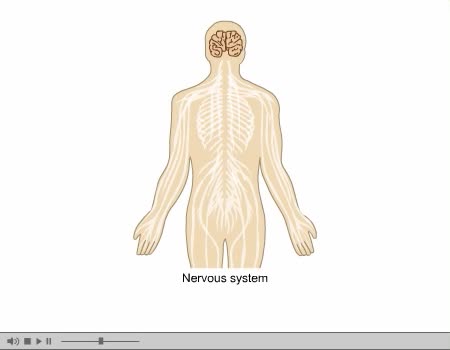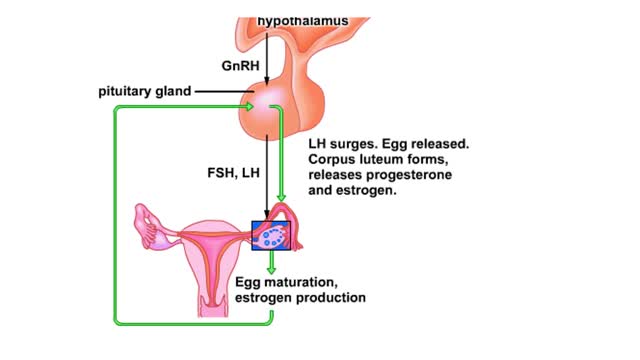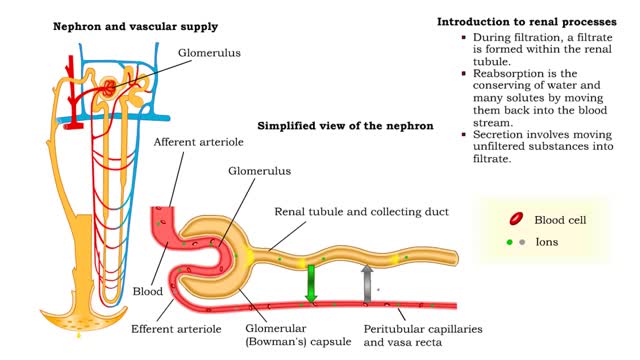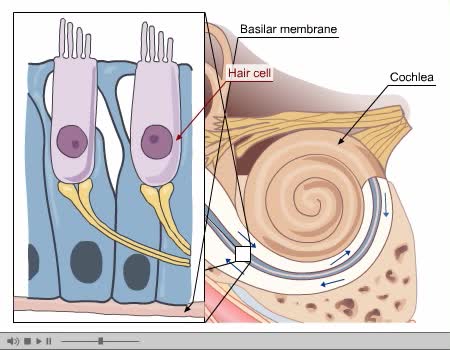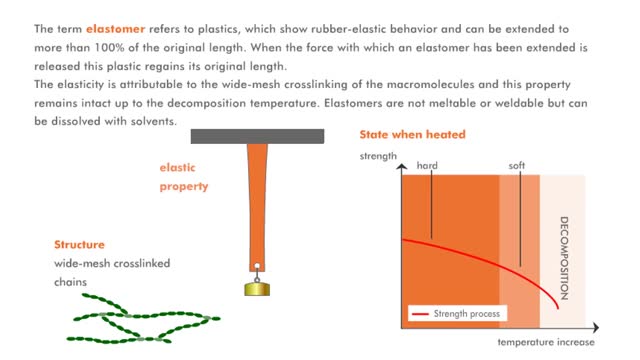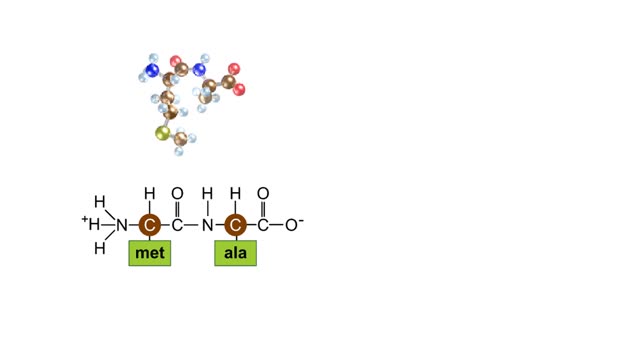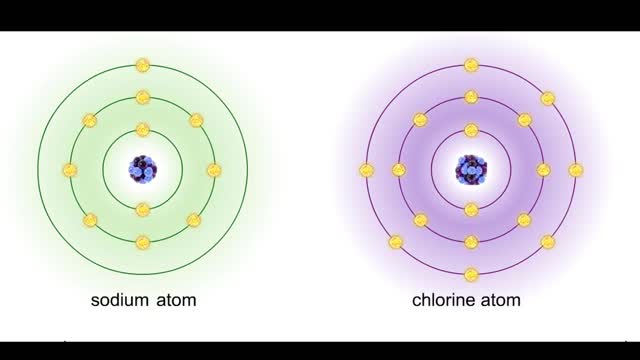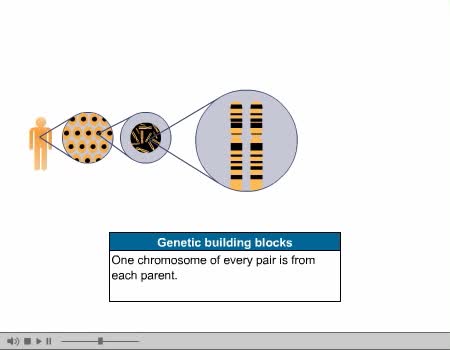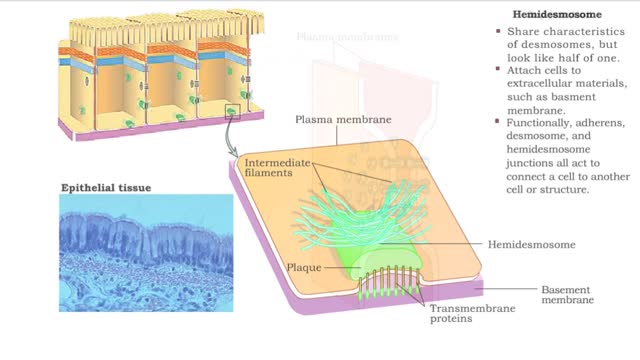Search Results
Results for: 'Mitochondrial Structure'
By: Administrator, Views: 14286
In the nervous system, a synapse is a structure that permits a neuron (or nerve cell) to pass an electrical or chemical signal to another neuron or to the target effector cell. Synapses are essential to neuronal function: neurons are cells that are specialized to pass signals to individual tar...
Hormones and the menstrual cycle Animation
By: HWC, Views: 8377
Feedback loops to the hypothalamus and pituitary gland from the ovaries during the menstrual cycle Animation for a step-by-step explanation. Production of a releasing hormone (GnRH) by the hypothalamus prods the pituitary's anterior lobe to release FSH and LH. In the ovary, FSH and LH stimula...
Carbohydrate Metabolism: Introduction to renal processes and filtrate formation and composition
By: HWC, Views: 11468
• At the nephron, the three process responsible for the formation of urine include: • Glomerular filtration. • Tubular reabsorption. • Tubular secretion. • During filtration, a filtrate is formed within the renal tubule. • Reabsorption is the conserving of water and many s...
By: Administrator, Views: 14651
Process of Hearing Sound waves are directed to the eardrum, causing it to vibrate. These vibrations move the three small bones of the middle ear (malleus, incus, and stapes). Movement of stapes at oval window sets up pressure waves in the perilymph and endolymph. Process of Hearing The wav...
Properties of macromolecules (Explained with No Audio)
By: HWC, Views: 10246
The term thermoplast refers to a plastic, which when heated is soft and deformable, but which rehardens when cooled. The molecular structure of the macromolecules is comparable to a cotton ball in which the individual fibers of the macromolecules are shown. The fibers of the cotton ball can s...
Peptide Bond Formation Animation
By: HWC, Views: 5130
During protein synthesis, peptide bonds link amino acids together in the order specified by DNA instructions. In this case, the first two amino acids in the protein are methionine and alanine. Here are ball-and-stick models of these amino acids. Peptide bond formation is a type of condensatio...
By: HWC, Views: 10113
The slight positive charge of a hydrogen atom in a water molecule can attract an atom with a slight negative charge, such as the nitrogen in a molecule of ammonia. This forms a hydrogen bond between the two atoms. Hydrogen bonds join the two strands of a DNA molecule. Although hydrogen bo...
By: Administrator, Views: 14394
Genetics is a branch of biology concerned with the study of genes, genetic variation, and heredity in organisms. Gregor Mendel, a scientist and Augustinian friar, discovered genetics in the late 19th-century. Mendel studied "trait inheritance", patterns in the way traits are handed down from p...
Type of Cell Junctions - Desmosome, Hemidesmosomes and Gap Junctions
By: HWC, Views: 11663
Cell Junctions: Cell junctions are found in some multi-cellular organisms. They exist of complexes and are found between cells and between cells and other structures. The junctions provide a way for cells to connect and exchange signals. What are tight junctions, desmosomes, and gap junctions...
Advertisement



